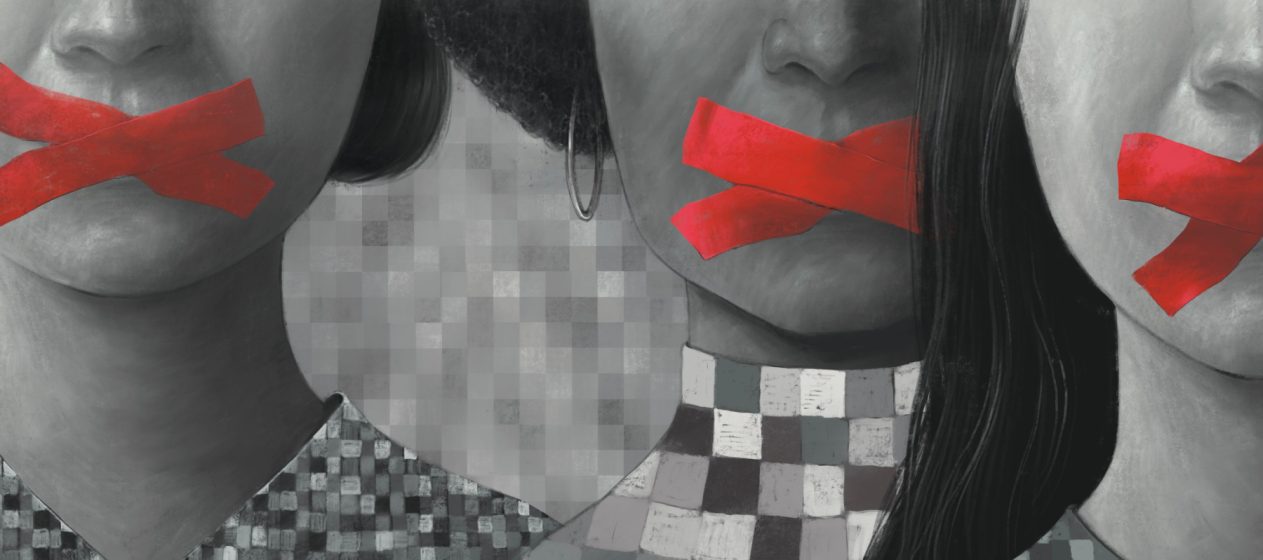OxPol Blogcast showcases research, analysis, insights, and experiences from the members of the University of Oxford’s Department of Politics and International Relations (DPIR), and specialist guests from the Oxford academic community and beyond.
On this episode, we discuss how gender-based violence, one of the most devastating human rights issues of our time, manifests itself in political and public life.
OxPol Blogcast host Anastasia Bektimirova welcomes four guests to unpack the issue of violence against women, the many forms it can take, how the experiences vary between serving politicians and candidates, men and women, and the activities, initiatives and mechanisms that are in place to combat it and help those who have become victims.
With Reem Alsalem, the United Nations Special Rapporteur on violence against women, its causes and consequences, we discuss violence against women in politics as a human rights issue, and the activities that are part of the mandate of the Special Rapporteur that contribute to the global goal of eliminating violence against women. You can further consult this report on violence against women in politics which Reem mentions, as well as the United Nations Broadband Commission report on cyber violence against women and girls mentioned by the host.
With Dr. Michael Drolet, Senior Research Fellow in the History of Political Thought at Worcester College, University of Oxford, we dive into awareness-raising efforts within the academic community that can help to bring about a change. As such, Michael tells us about the special issue of The Political Quarterly ‘Women and the Politics of Incivility and Discrimination’ which he guest-edited with Dr. Agnès Alexandre-Collier (University of Burgundy).
With Dr. Sofia Collignon, Lecturer in Political Communication at the Royal Holloway, University of London, we turn to the issue of violence against women in British politics, cover various forms of abuse and intimidation, how those are experienced differently by candidates and serving parliamentarians, and how women’s experiences compare to those of men. In this conversation, Sofia draws on the insights from her co-authored papers recently published in the aforementioned special issue of The Political Quarterly and the Journal of Elections, Public Opinion and Parties.
The episode concludes with a conversation with Dame Laura Cox, a former English High Court judge of the Queen’s Bench Division, who led an independent inquiry into the culture of inappropriate workplace behaviour in the House of Commons, focusing on the experiences of staff members supporting the work of the Members of the Parliament and the functioning of Westminster. The subsequent report has informed the Independent Complaints and Grievance Scheme that is currently in place in Westminster. We cover the report’s findings, recommendations, impact, and challenges faced during the investigation and the implementation of the scheme.
This episode is part of the series Women in Politics: Perspectives from the Field and Academia which explores a feminist turn in Political Science and International Relations research, and tries to better understand women’s experiences in politics.
Listen on:











